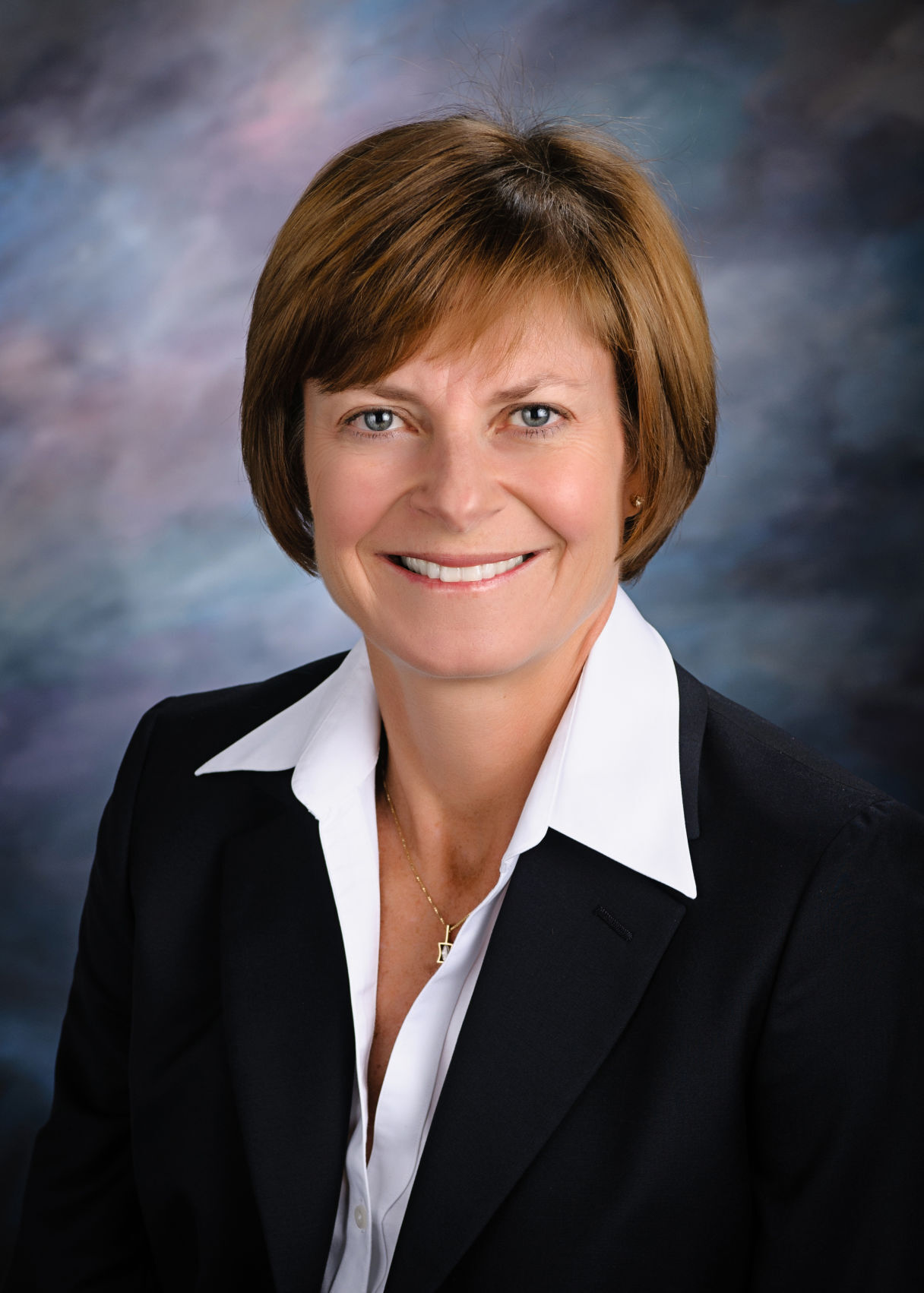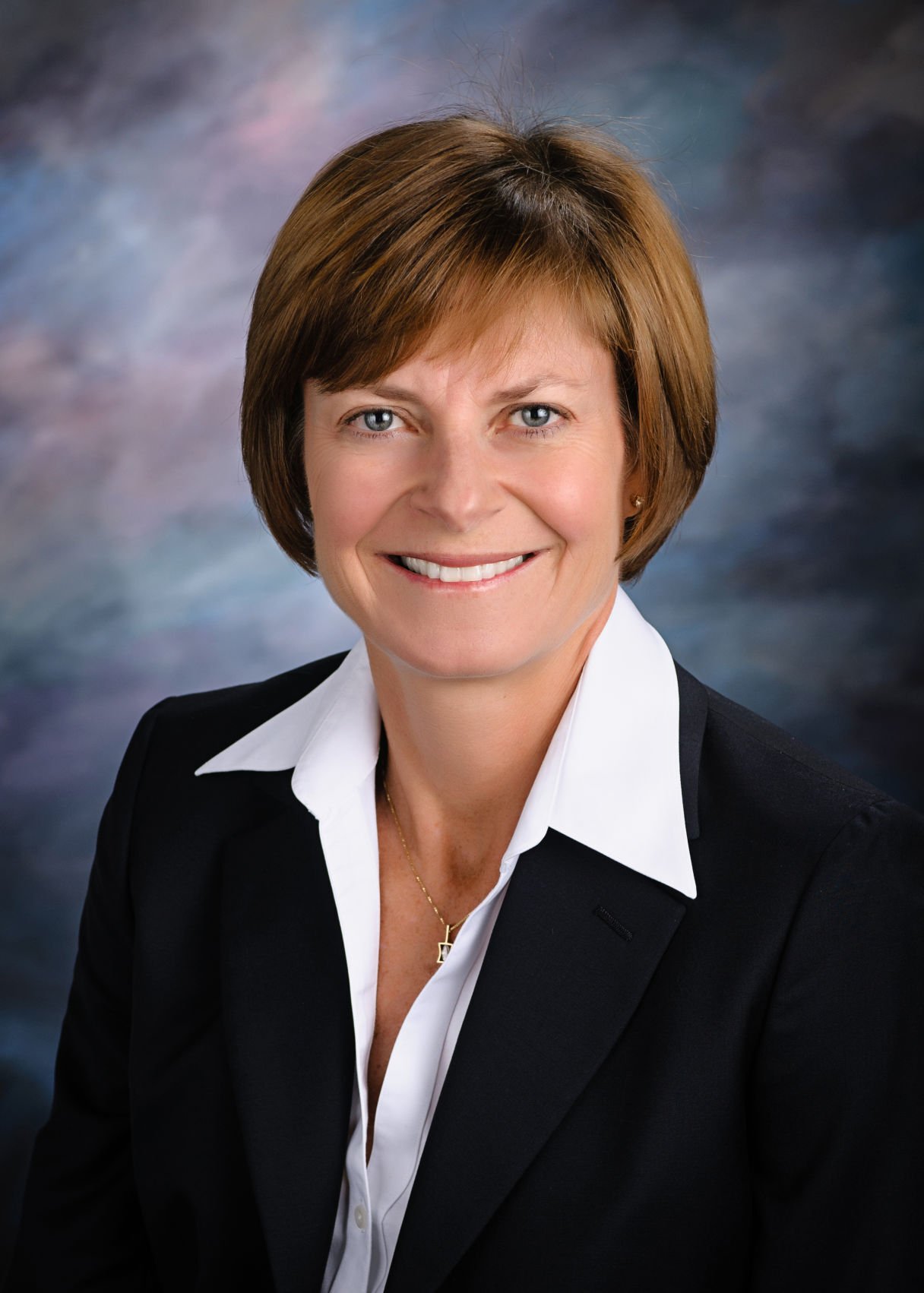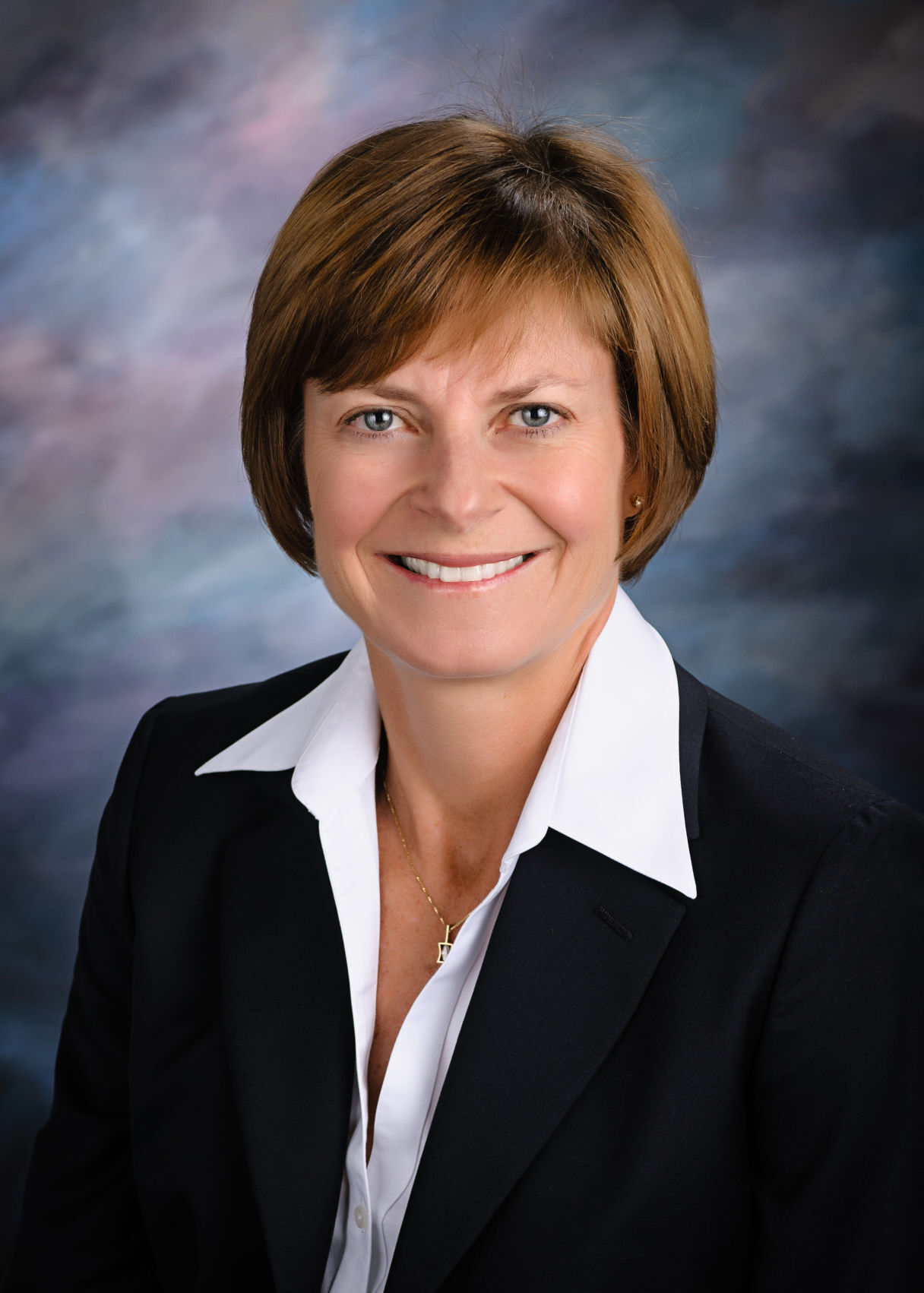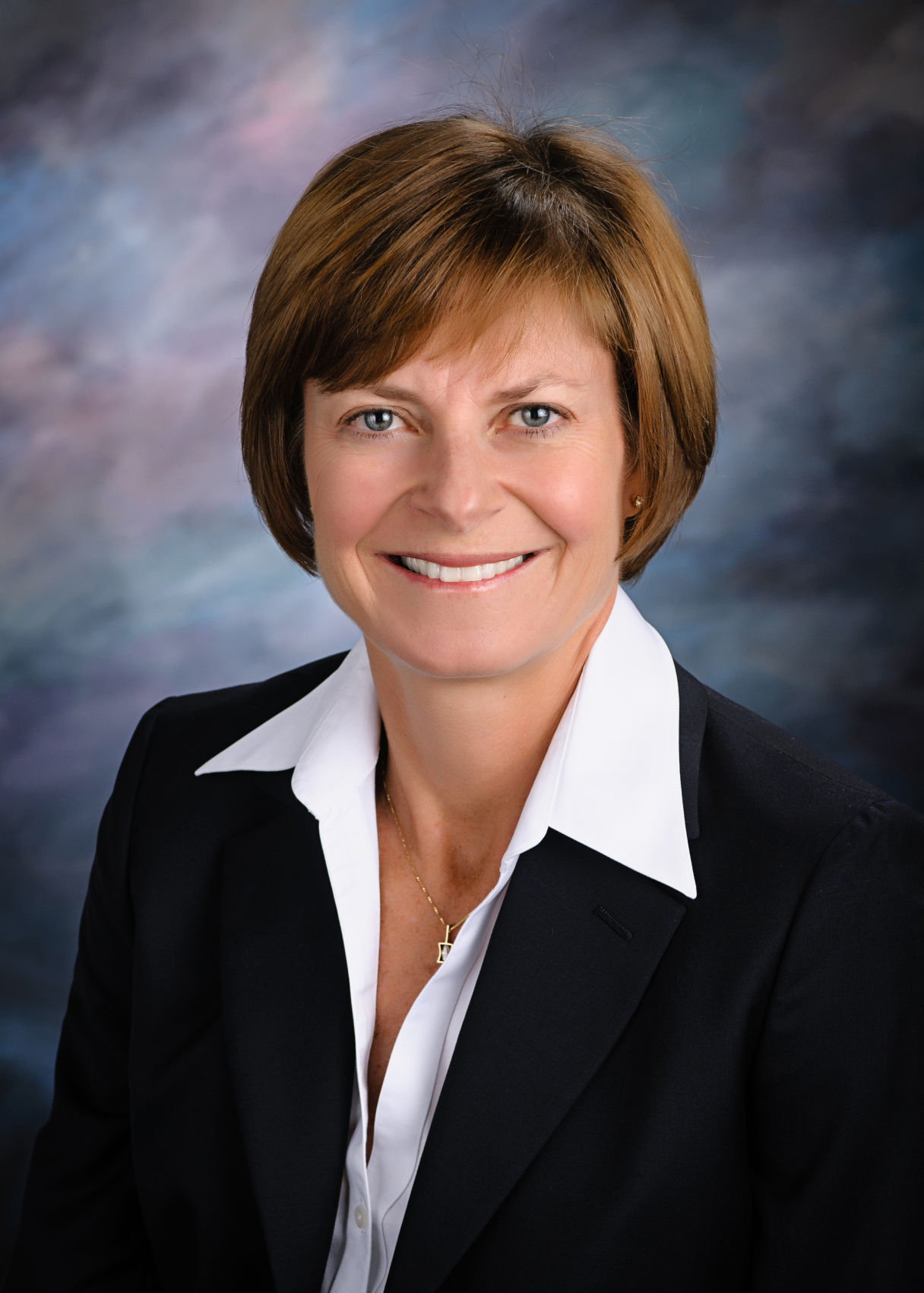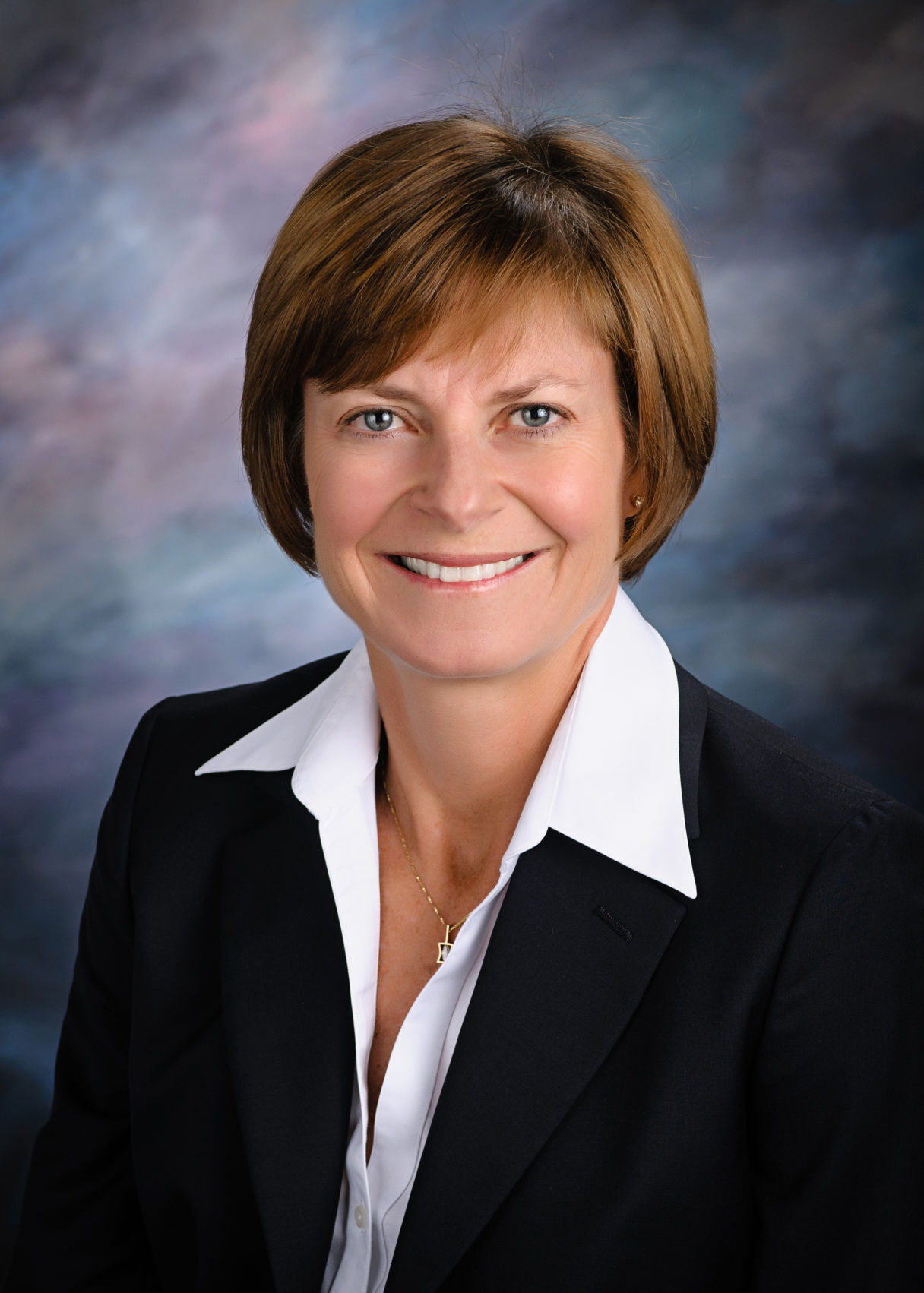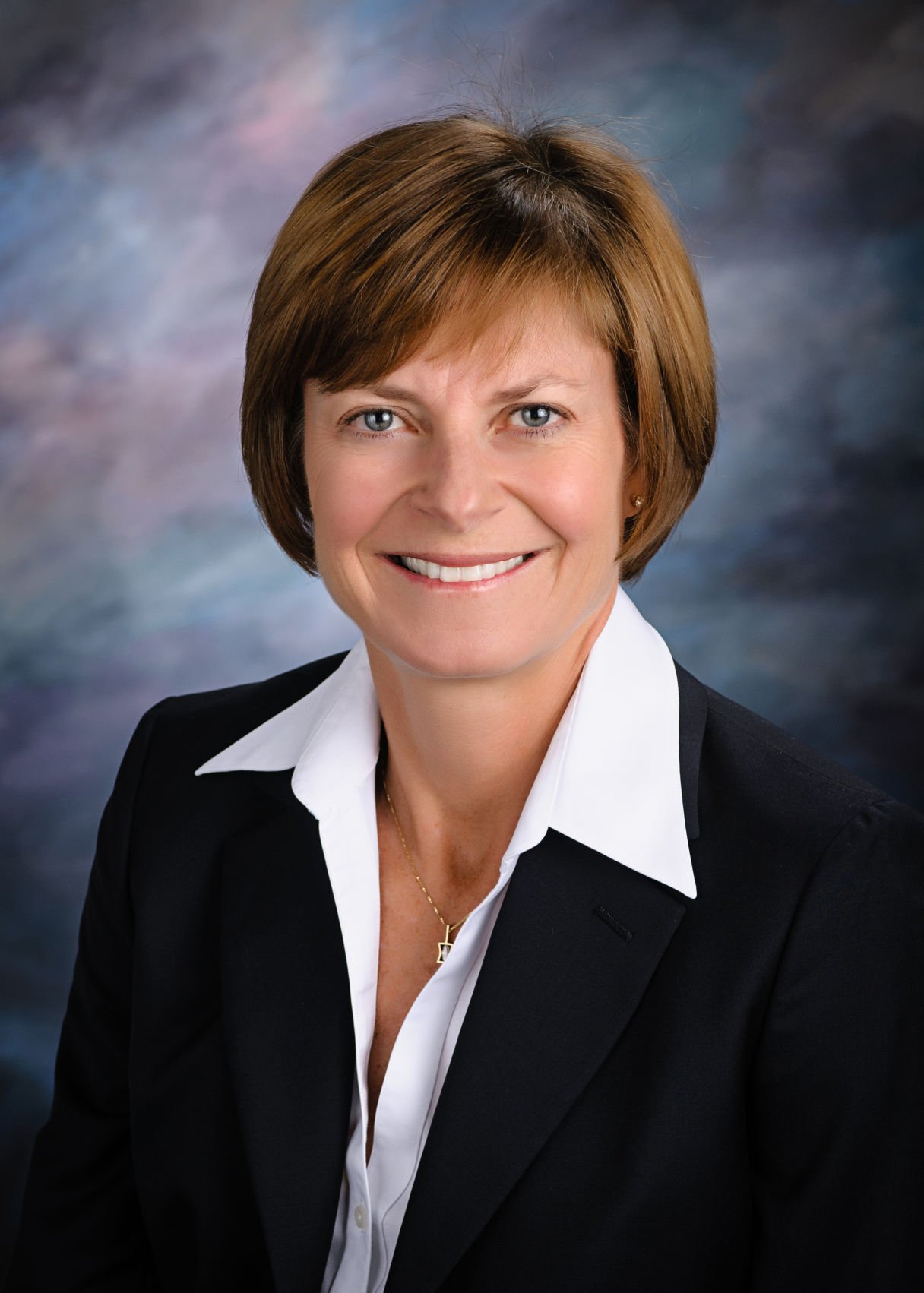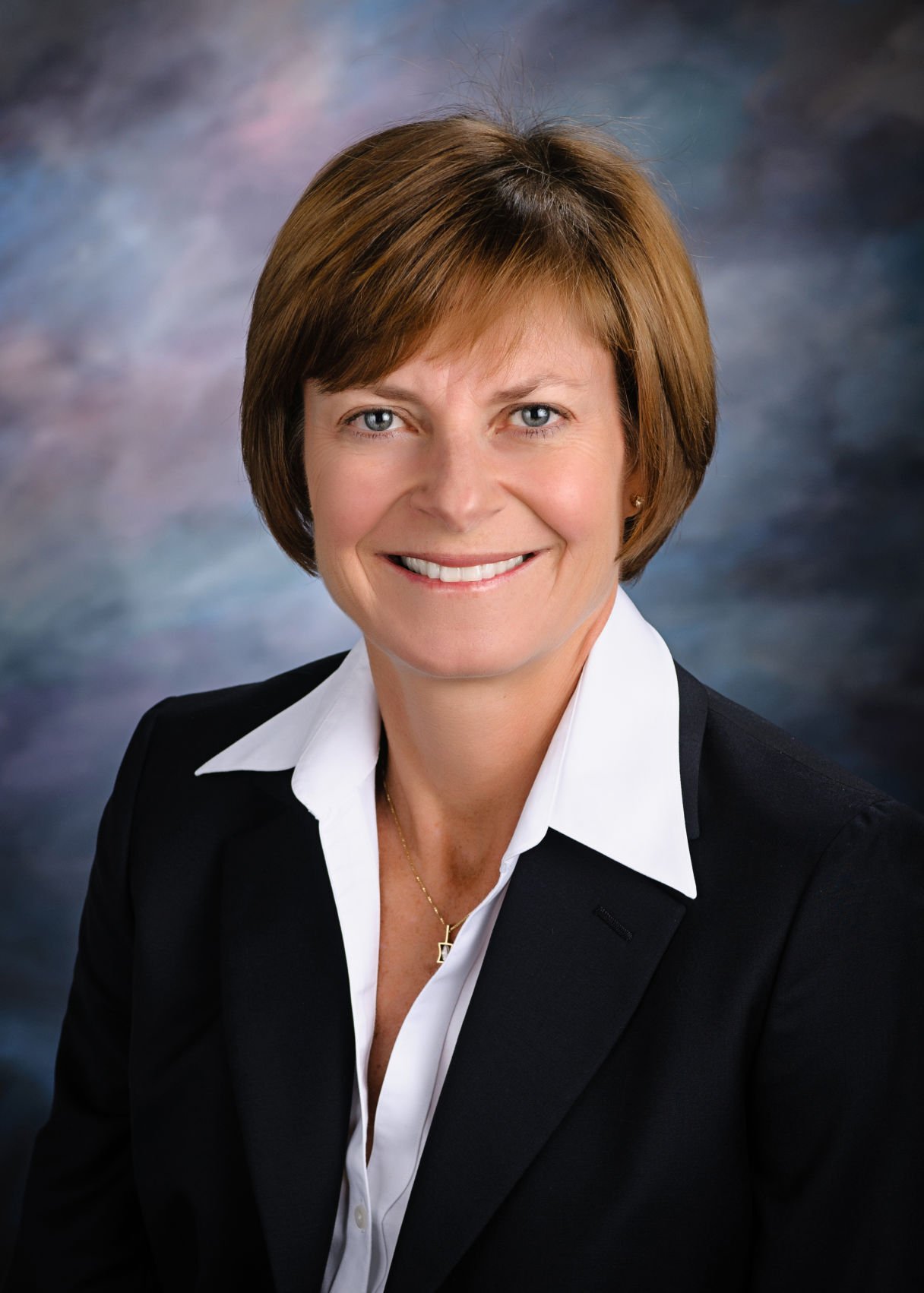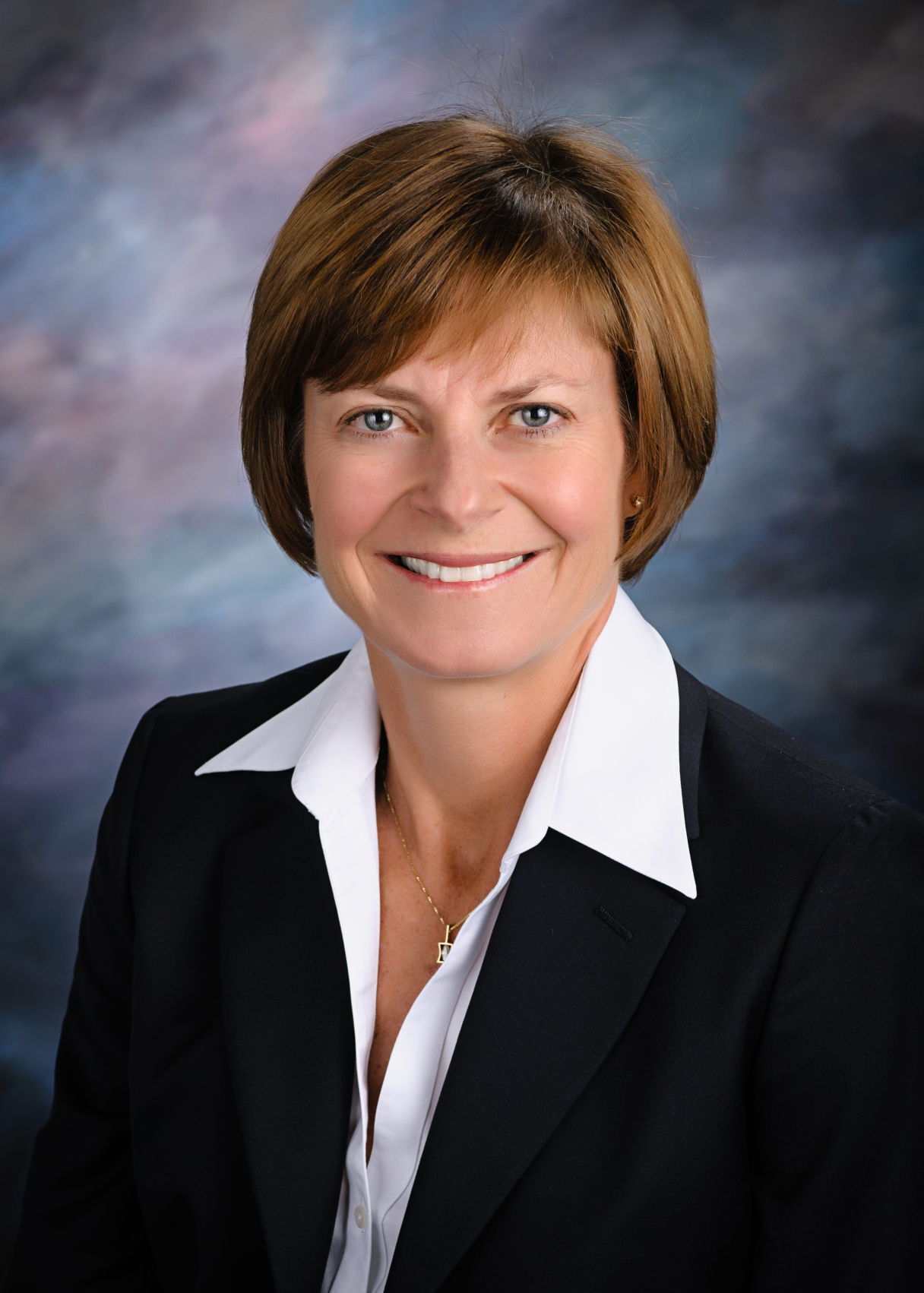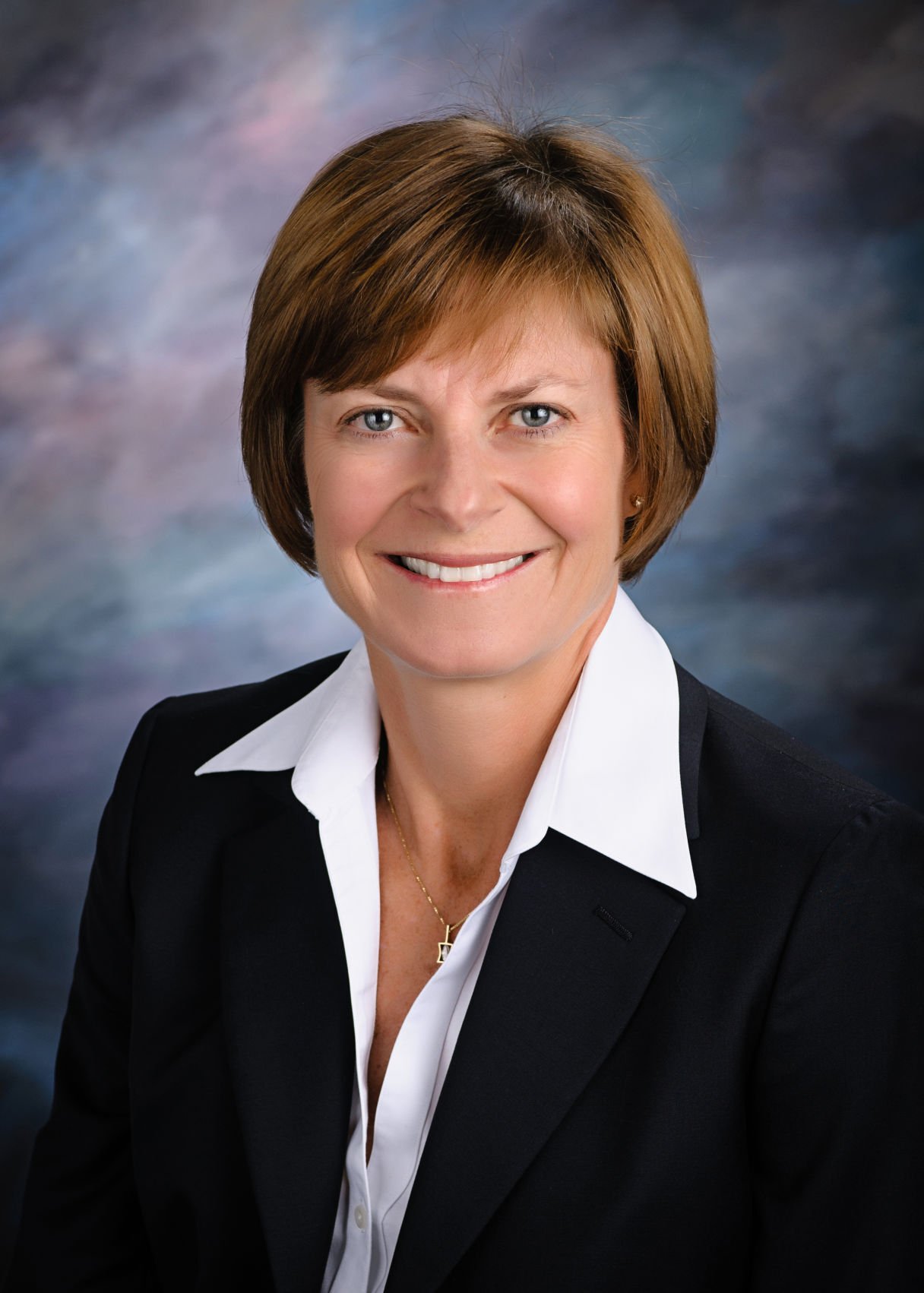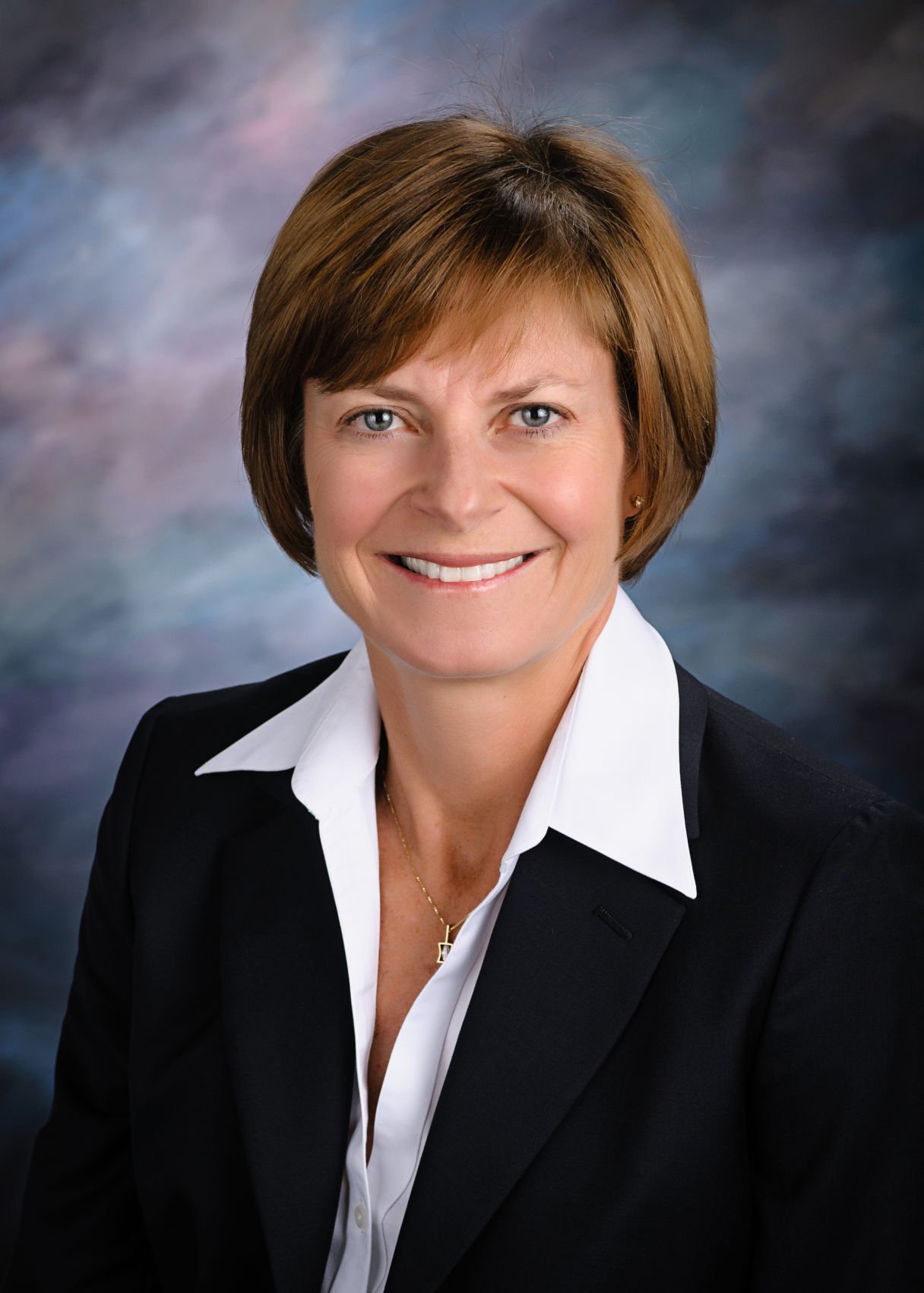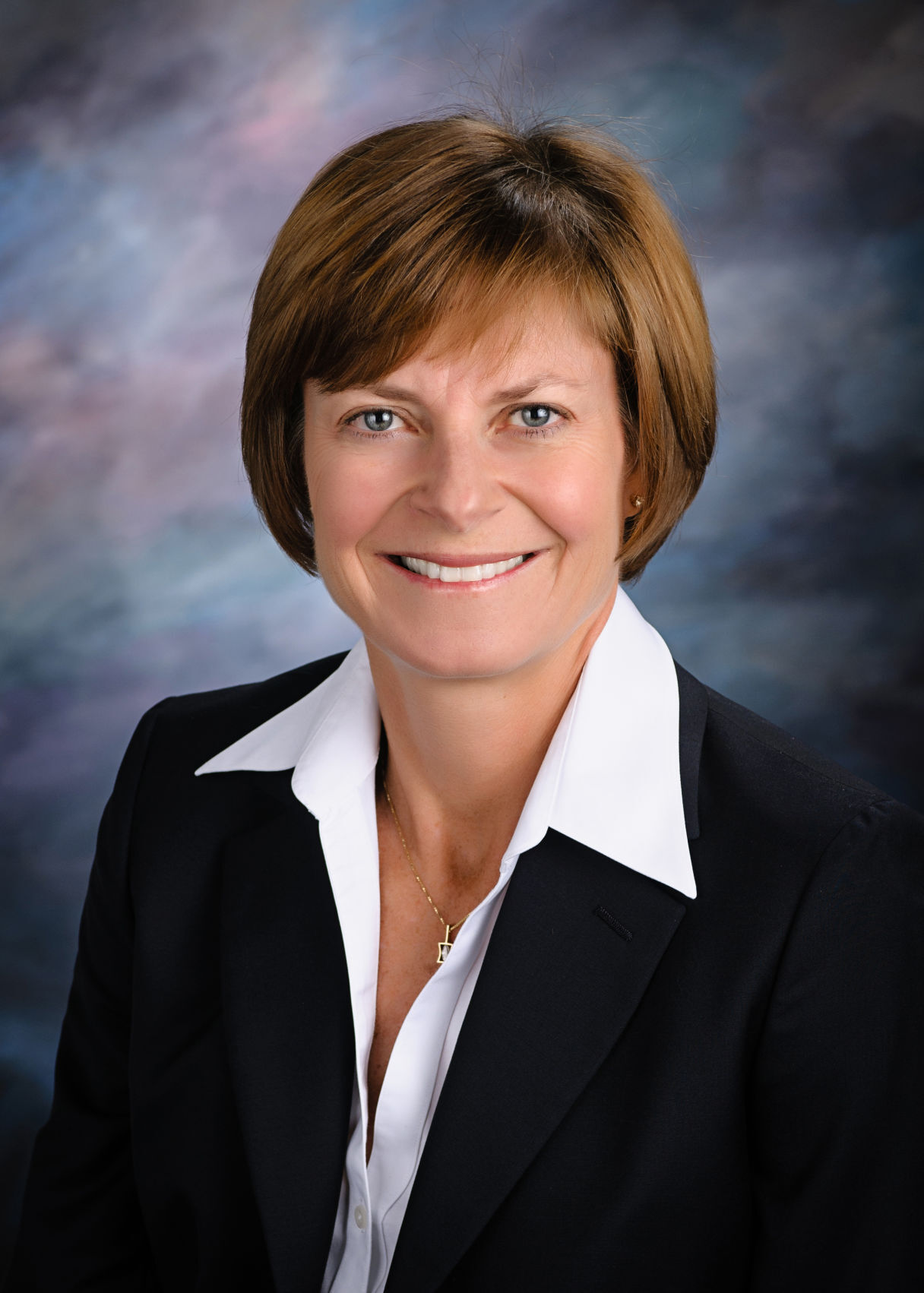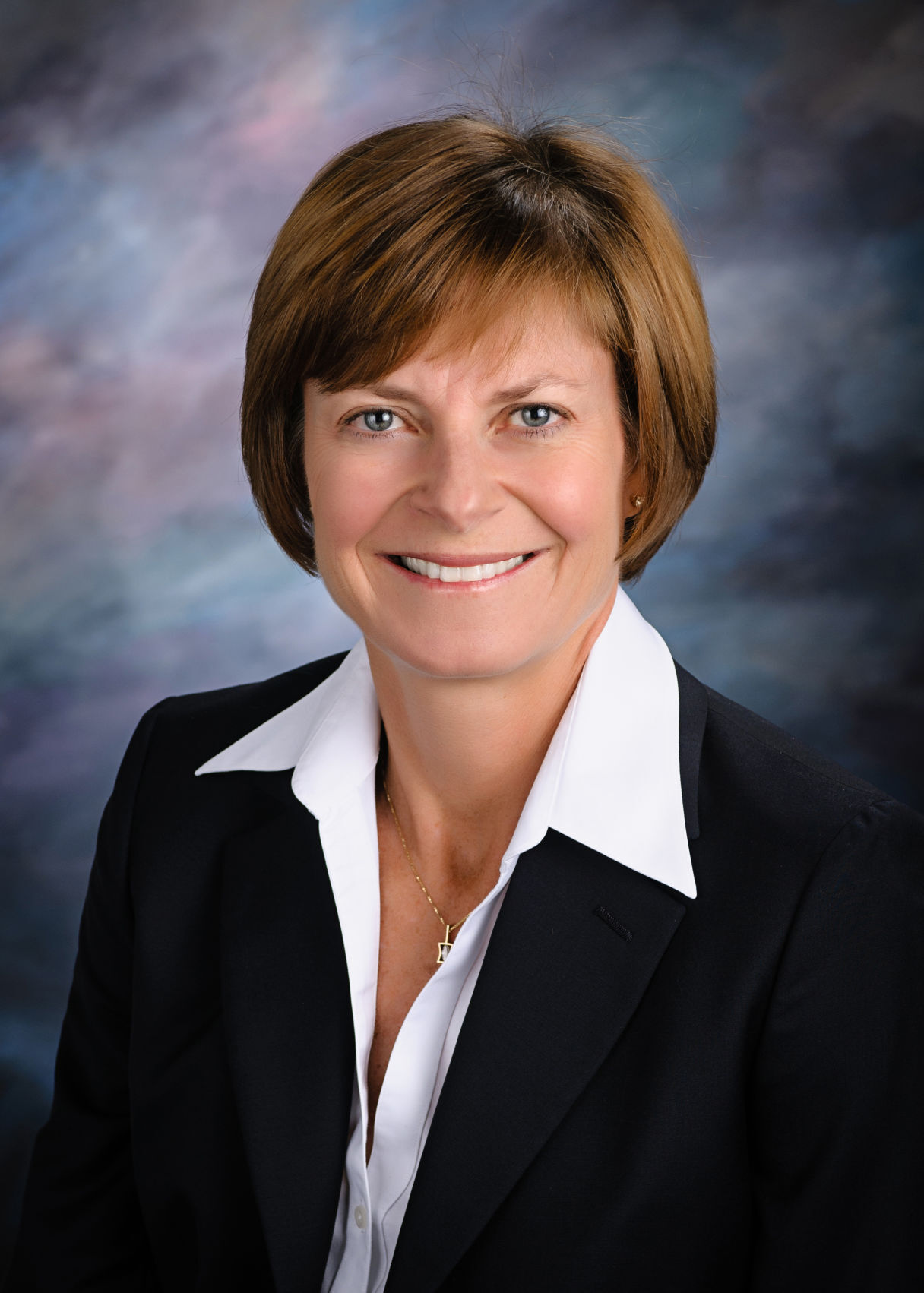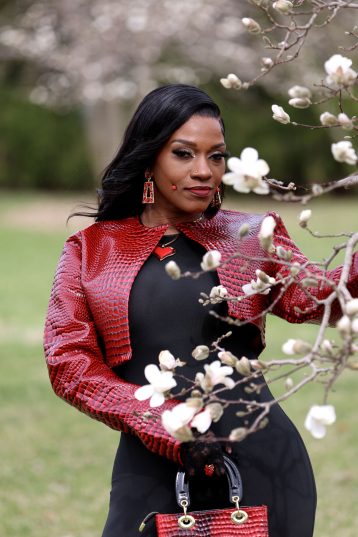When my father was 72, he was diagnosed with Lewy body dementia, a condition that can cause Parkinsons-like symptoms and hallucinations, in addition to symptoms experienced by those with dementia.
Although my father had been experiencing these symptoms for some time, the diagnosis was difficult for me and my family to process. On one hand, we were relieved to finally have a name for what my father was going through; on the other, we all were facing a challenge none of us had encountered before.
I remember driving home from the Mayo Clinic in Rochester, Minn., and calling a dear friend of mine in Dubuque who is a nurse. She had gone through similar experiences with family members who were diagnosed with Alzheimer’s disease, and I vividly recall two things from our conversation.
First, she told me to be concerned about my mother. Caring for my father while also working and tending to other daily tasks could lead to burnout, so someone needed to look out for her as well.
Second, my friend told me to be thinking about ongoing care for my father and whether he might one day need to move into a long-term care facility. She noted that such facilities can have long wait lists, and it would be beneficial to start researching them sooner rather than later.
I’ve been reflecting a lot lately on that conversation with my friend and my family’s experience as caregivers. Like many people in Dubuque, I have been following the news about plans for a new Caregiver Resource Center at Stonehill Communities and thinking about what an important addition it will be to the community.
While I was fortunate that I had a friend to turn to for advice during a chaotic time for my family, many people have relatives that receive similar diagnoses and don’t have someone to turn to for support.
As we learned, caring for a loved one with a chronic illness can be straining. Coordinating doctor’s appointments, financing and arranging for future care and seeking legal advice are challenging enough when you aren’t also emotionally drained. Caregivers need others they can turn to for support during a difficult time.
As my father’s illness progressed, we learned quickly how much of a toll being caregivers would take.
My mother was impacted most by my father’s worsening symptoms. For example, he began experiencing “sundowning,” an increase in confusion and restlessness at night, and my mother would be awake with him during this time. I could tell it was a strain on her and she needed support, but she wanted to be strong and take care of him by herself.
That attitude is natural. Many of us rightly want to put loved ones’ needs ahead of our own. However, when we as caregivers lose sight of our well-being, it’s hard to be the best we can be for those we care about most.
My mother, like others, could have benefited from access to self-care programs and resources to help with making difficult decisions during a stressful time.
We finally came to a point where my mother realized she and my father needed help. Two years after his diagnosis, my father moved into a long-term care facility. The research we had done early in the process was beneficial. Because we had been able to put him on waiting lists at a few facilities, a space was ready for him when the time came to move.
The change was necessary, but it didn’t eliminate all of our stress. There was a lot of grief to process, and the illness continued to emotionally impact the whole family. The saying with forms of dementia or Alzheimer’s is that you lose the person twice: First when their cognitive abilities fade and again when they pass away. It was no different for us. My father passed away in 2018, about five years after his diagnosis.
No one can truly prepare for the shock of seeing a loved one struggle with a chronic illness, but there are many resources available to help people through the process. Identifying and accessing those resources, though, can be a challenge for many caregivers. Having gone through this experience, my hope is that others like me and my mother will be able to find the support they need right here in the Dubuque region.
Teri Zuccaro is a visiting associate accounting professor at the University of Dubuque and president of the Community Foundation of Greater Dubuque Board of Directors.

